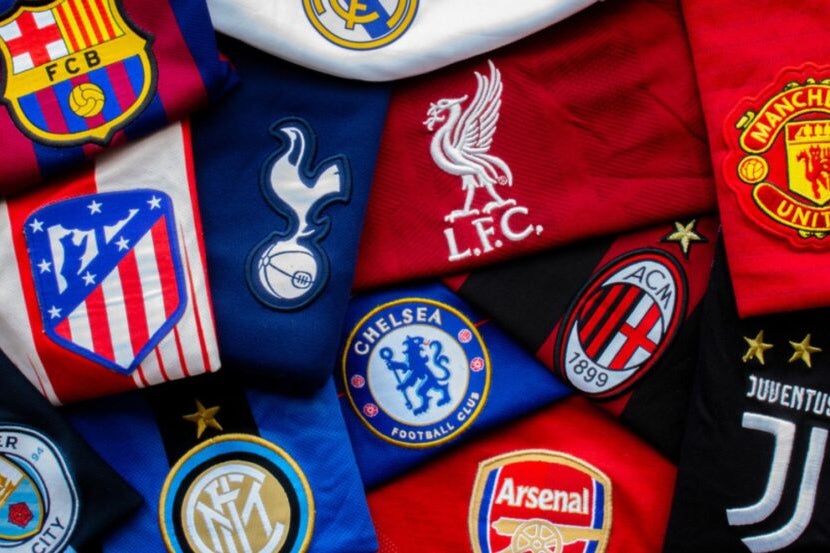On Wednesday, European equities fell as consumer pricing data from the United Kingdom added to the boiling discussion about inflation fears. The Stoxx 600 SXXP, -0.23 percent down 0.3 percent in Europe, while the FTSE 100 UKX, -0.50 percent fell 0.5 percent in London. The CAC 40 PX1, -0.14 percent in Paris down 0.2 percent, while the DAX DAX, -0.08 percent in Frankfurt fell 0.2 percent. Futures on the U.S. stock market were heading lower, with Dow industrials futures YM00, -0.00 percent forecasting a 25-point drop after the index slid 107 points to close at 34,888 on Tuesday.
The consumer price index in the United Kingdom increased 2.5 percent year on year in June, beating expectations of a 2% increase, as transportation, apparel, and cakes drove up CPI. This added to the debate about inflation fears that erupted on Tuesday, when markets were bombarded with price data from France, Germany, and the United States. The 0.9 percent increase in the U.S. consumer price index from May to June drew investors’ attention in the previous session. The CPI in the United States outperformed analyst estimates, rising at the quickest monthly rate since 2008, reigniting the debate over whether inflation fears are temporary or permanent. Also see: New Zealand’s central bank will reduce stimulus by suspending bond purchases. “Inflation has grown faster than economists had predicted and is currently well above the Bank of England’s target. However, we remain in inflationary limbo, unable to determine whether rising prices represent a statistical blip or a more serious and persistent aspect of the global economic recovery,” said Laith Khalaf, an economist at AJ Bell. “Things aren’t quite as hot on this side of the Atlantic, with inflation in the United Kingdom still hovering around half that of the United States. Nonetheless, the speed and direction of motion are concerning,” Khalaf added. The producer price index in the United Kingdom, which monitors inflation from the standpoint of producers, however, showed signs of slowing. PPI in the United Kingdom increased 4.3 percent year on year, down from 4.4 percent the month before and below estimates of 4.8 percent. “The first signs of a slowing in inflationary pressure are expected to be evident in PPI, as companies start to see the prices they pay at the point of manufacture or delivery start to come down, as supply chain bottlenecks ease,” said Michael Hewson, an analyst at CMC Markets. Powell will also emphasize patience at his hearing on Capitol Hill this week. Hugo Boss BOSS, +3.01 percent shares climbed nearly 5% after the German luxury fashion business posted preliminary revenues of €629 million ($741 million) in the second quarter, exceeding analyst projections by nearly €100 million. Earnings before interest and taxes of €42 million were much above the €17 million forecast. The stock of Barratt BDEV, +0.83 percent jumped more than 1% after one of the UK’s leading house developers stated in a trade update that full-year earnings before tax will be above the top end of the market’s forecasts. Housing demand is high across the country, according to the organisation. TUI shares were leading the way lower in the travel industry.
TUI, -4.74 percent, is the world’s largest tourist company and a hotel, airline, and cruise operator. TUI stock sank more than 3%, while airlines Air France-KLM AF, -1.56 percent, Lufthansa LHA, -0.85 percent, Ryanair RYA, -0.57 percent, and IAG IAG, -1.58 percent —the owner of British Airways—all declined, as did shares in hotel giant InterContinental Hotels Group IHG, -1.18 percent.
Shares in large British multinationals, which conduct business in dollars and are vulnerable to currency fluctuations, were widely lower following the release of U.K. inflation statistics, which saw sterling GBPUSD, +0.18% rise 0.3 percent against the dollar. Unilever ULVR -0.85%, Vodafone VOD -0.79%, GlaxoSmithKline GSK -0.82%, and British American Tobacco BATS -0.70% were among the London decliners./n





